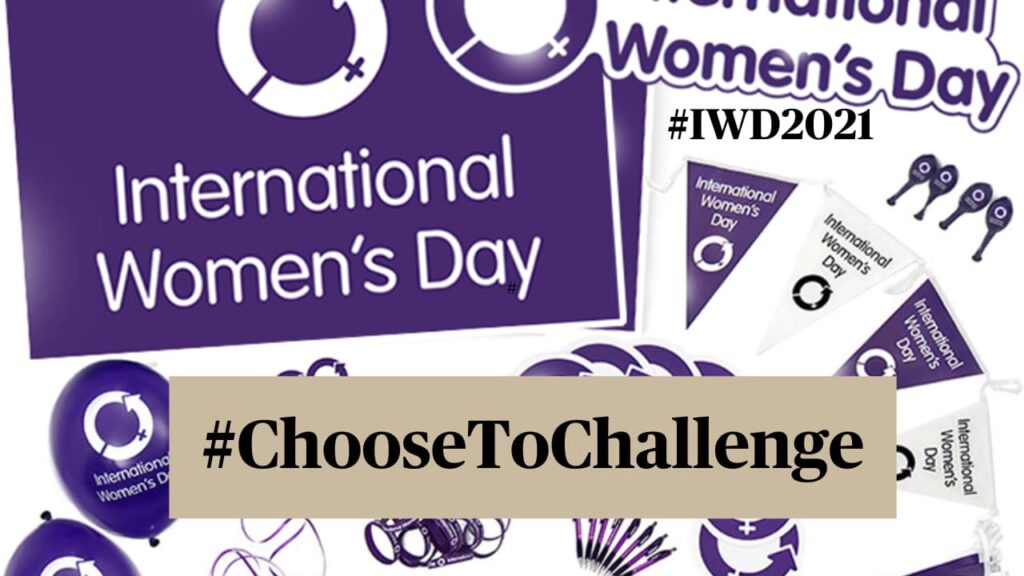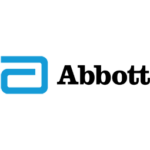As part of your career development plan you’ve got to evidence you demonstrated the use of ‘Lifelong learning’. This is vital in an era when job instability, Covid uncertainties and the rise of freelance work are the new normal.
However, life-long learning is more than about the standard-practice ‘knowledge transfer’. Knowledge transfer is itself vital to maintain as baby boomers increasingly leave, but it’s not the name of the game anymore.
Instead, the main story around lifelong learning is how to demonstrate creativity, innovation and passion for exploration in your career development plan.
That’s the evidence that lifelong learners, like many of my clients, have in their veins, but appear to be in short supply in many workplaces.
Are you a Earner, Learner and Returner?
I was talking about how vital this was for a career development plan as part of my talk ‘Earners, Learners and Returners’ with an audience a few weeks ago.
One of the key questions that routinely comes up is:
‘How do I prove that I’m a lifelong learner – if that’s what all employers now want?’
So many of my clients are lifelong learners, but want to highlight that better to current or lucky future employers.
If you are one of them, showcase your learning these ways:
1. Hone examples of long term work with impact
We all know Rome wasn’t built in a day, and people love a story that shows patient commitment. Highlight a win that took both time and perseverance.
For example, every time I write a book, it takes me 18 – 24 months of solid effort; usually during an otherwise ‘slow’ time (read unprofitable) in my career.
I once heard a question in an audience of ‘What’s the shortest piece I can write and still call it a book?’ I don’t recall the answer given, but noted to myself that was not a book I’d be reading.
What slow burn project gives evidence of your steady drive?
2. Share an exciting but unexpected challenge
People who love lifelong learning bore easily, and are the first to seek out new challenges rather than rest on their laurels.
I remember seeing a famed speaker once tell all the exact same stories I’d heard from him 8 years previously, with no variation.
Needless to say, that was the last ticket I bought to any of his ‘masterclasses’.
Similarly, an example might be architects talking about a need for creativity due to tight budget, a sloped plot or an odd view.
What roadblock forced you to think more widely? That’s the story to share.
3. When your connections led to right answers
Lifelong learners know they’ll go faster crowd-sourcing their knowledge, so often connect with others for better answers faster to increase their impact.
When did you have to align with new parts of the business, old clients or contacts, new networks – all to get the lay of the land you needed more quickly?
One of the women I wrote about in my first book said that in her first month at Microsoft, she practically set up shop at the internal coffee counter, simply to invite all the new people she needed to meet quickly. 7 cups of coffee every day for a month and Elaine had become a hub, not just for herself, but for her new colleagues as well. I’m not a coffee drinker, but that sounds like a result perhaps worthy of a coffee addiction?
I’d love to hear your grittiest story about how you convinced someone you had the staying power and determination to be a life-long learner!
One thing to take on board is that having at least one mentor who is a man is one of the keys to getting ahead.
The unfortunate truth is that male mentors are associated with both more promotions and higher pay for their female mentees.
If you want to understand how to make the most of men who could become sponsors for you, take a look at the video above.


































